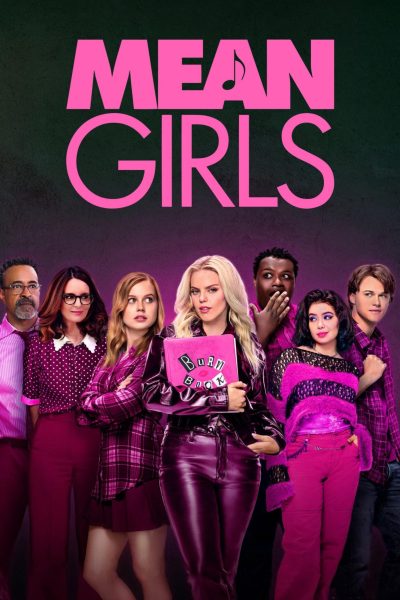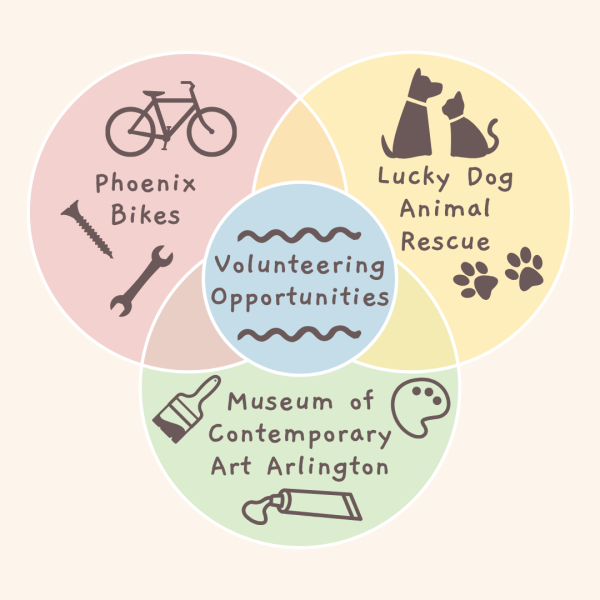The problem with palm oil
Palm oil can seem to be in almost everything (food, makeup, even shampoo), but what exactly is it? Palm oil is oil extracted from palm trees, and is most commonly harvested in Indonesia. Unfortunately, the many unsustainable palm oil plantations have disastrous consequences for our environment; specifically, they lead to loss of forest habitat when trees are destroyed to extract the oil. It also causes pollution, soil erosion, and climate change.
One of the many species that is negatively impacted by the unsustainable extraction of palm oil is the Asian Elephant. Asian Elephants’ habitats are being destroyed by the production of palm oil. With nowhere to live, and a loss of food and water sources, Asian Elephants are increasingly entering human-populated areas unknowingly, causing human-elephant conflicts. Now some estimates state that there are only 35,000 Asian Elephants left, which is a sharp decrease from the 100,000 Asian Elephants that lived at the turn of the 20th century. To protect Asian Elephants, it is imperative that habitat can be conserved for them to live on.
Fortunately, not all palm oil is bad! Sustainably-sourced palm oil (look for a RSPO certification) does not have the disastrous effects on the environment that unsustainable palm oil plantations do. Sustainable companies need to extract palm oil in areas with little/no critically endangered species, treat workers more fairly, and use less pesticides and slash-and-burn agricultural techniques.
rspo_trademark_logo_482099.png
Here is a guide to buying products with more sustainably-sourced palm oil. This by no means is a comprehensive list, so make sure to read the ingredient labels on products you buy and do research into companies that use palm oil.
Wendy’s (BAD)
Although Wendy’s
is committed to
increasing the amount
of sustainable palm
oil it uses, currently
Wendy’s uses 77%
unsustainable palm oil.
PepsiCo (BAD)
PepsiCo is one of the worst
consumers of unsustainable
palm oil (more than
450,000 tons a year). It is mostly
in food products that Pepsi owns
(Doritos, Cheetos, etc.). PepsiCo
also has a unclear labeling
policy, simply writing
“vegetable oil” on its products
which may or may not
include palm oil.
Boycott all PepsiCo
products (which includes
some surprises, like
Quaker Oats and Tostitos)
until the company promises
to become more sustainable.
Nissin (BAD)
This company may sound
unfamiliar, but it is the
manufacturer of most
Instant Ramen Noodles.
It uses 94% unsustainable
palm oil, so pass on this brand
when shopping!
Lotus Foods (BETTER)
A better Ramen option
is Lotus Foods, which
does not use palm
oil at all in its products.
I tried their Forbidden Rice
Ramen, and it is just as
satisfying as the more
conventional brands.
McDonald’s (BETTER)
If you have a fast food
craving, go to
McDonald’s, which uses
95% sustainable palm oil!
Nutella (BETTER)
Never fear, this delicious chocolate,
hazelnut dip uses only RSPO-
Certified palm oil. Eat up!














